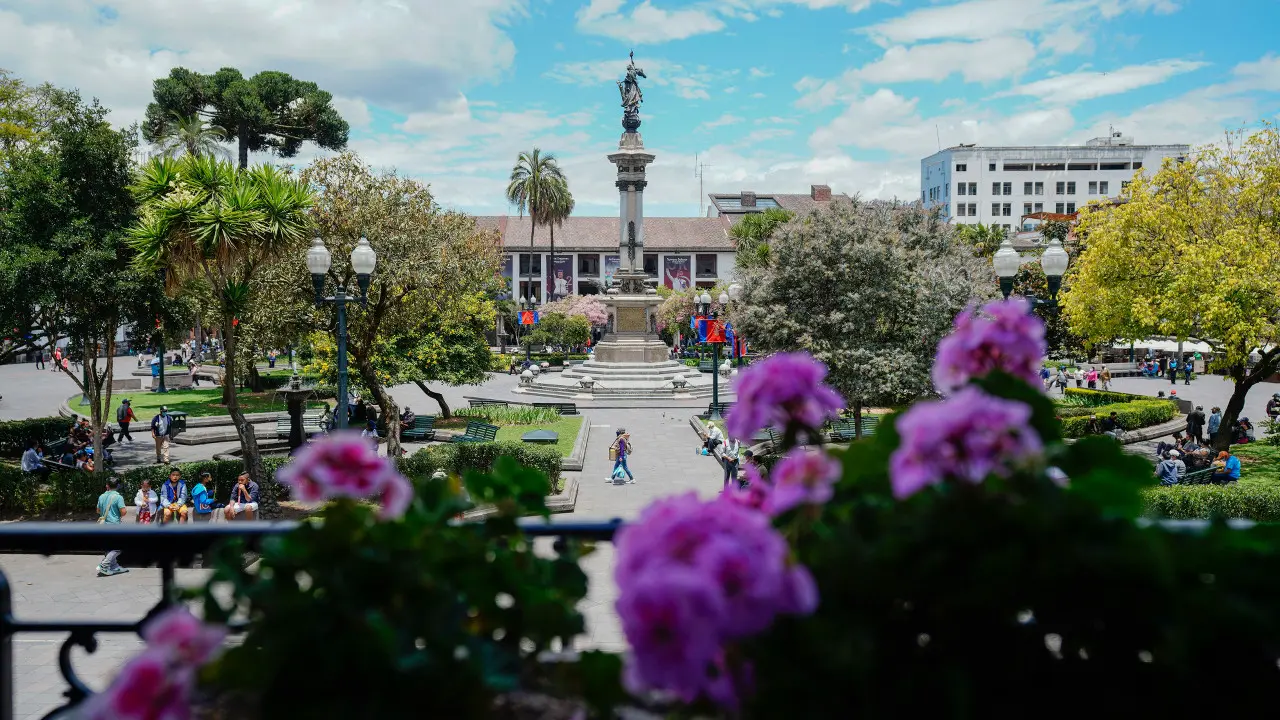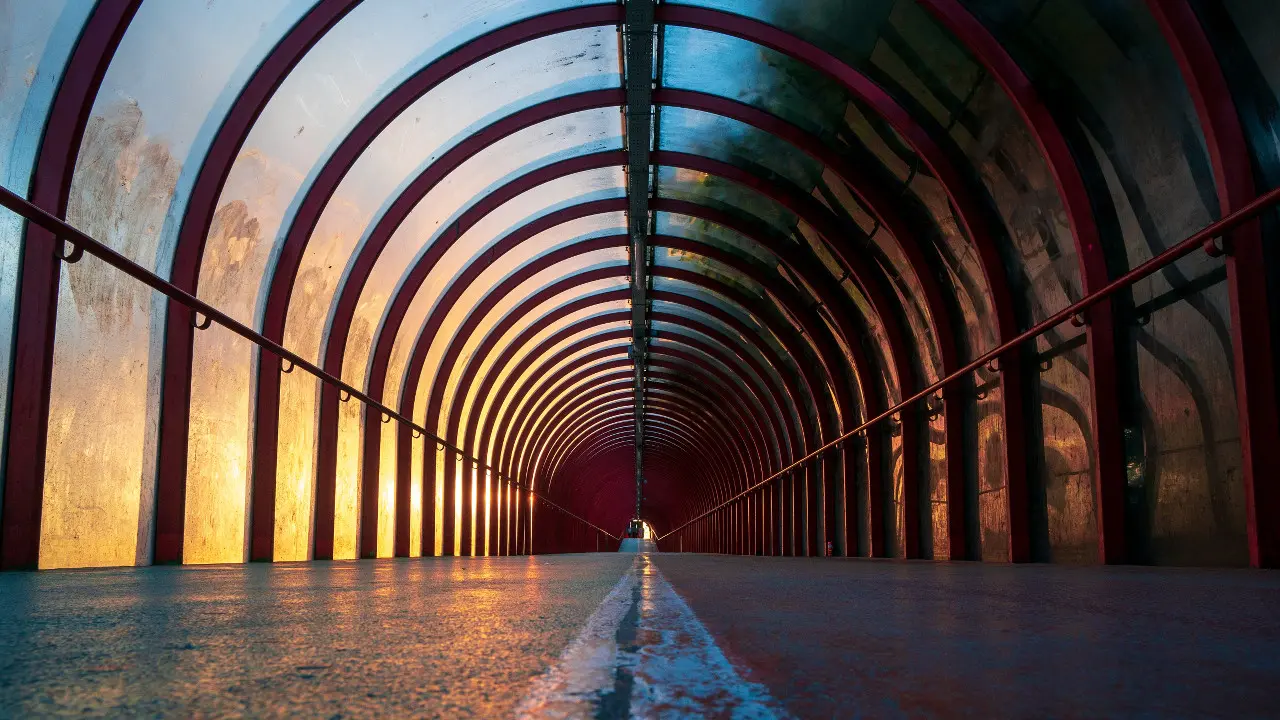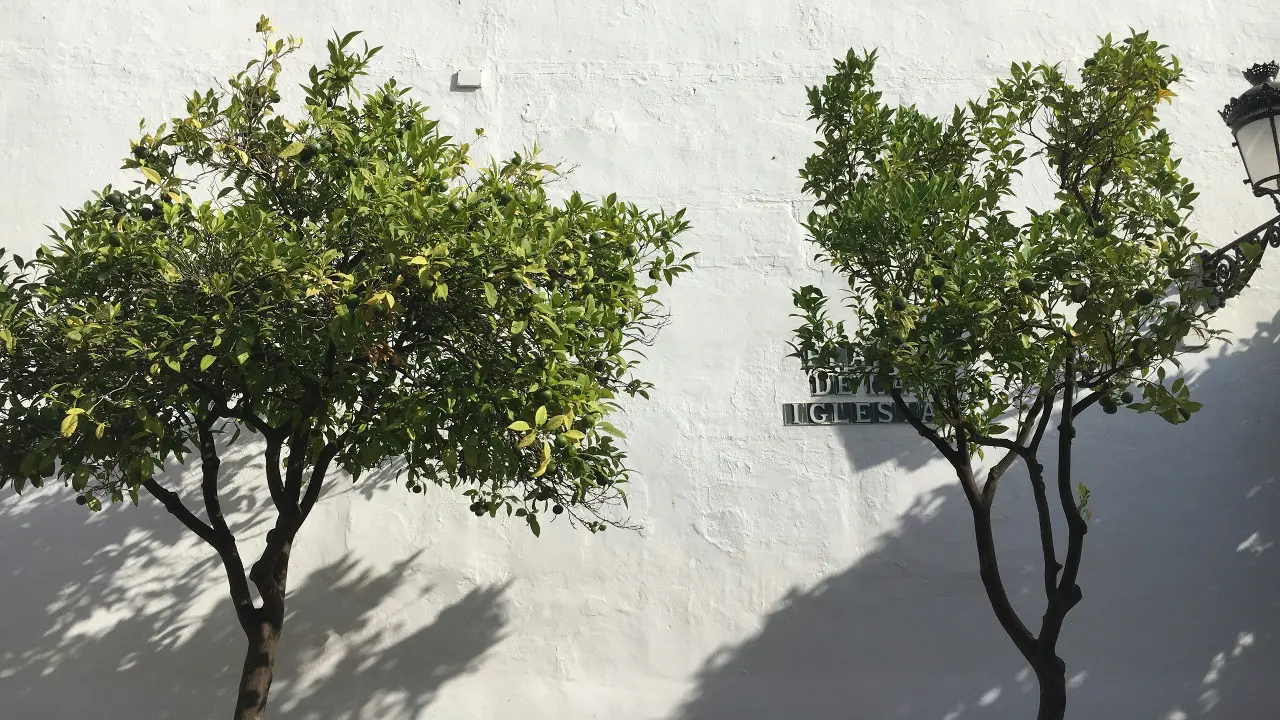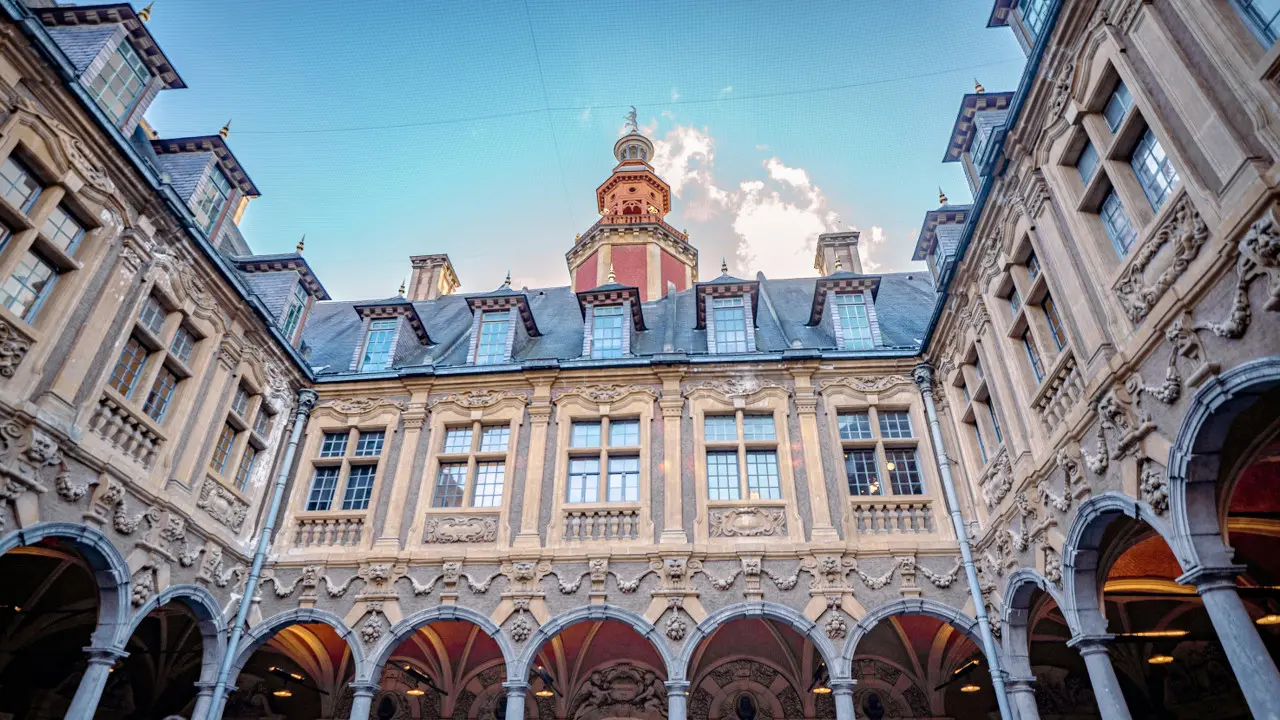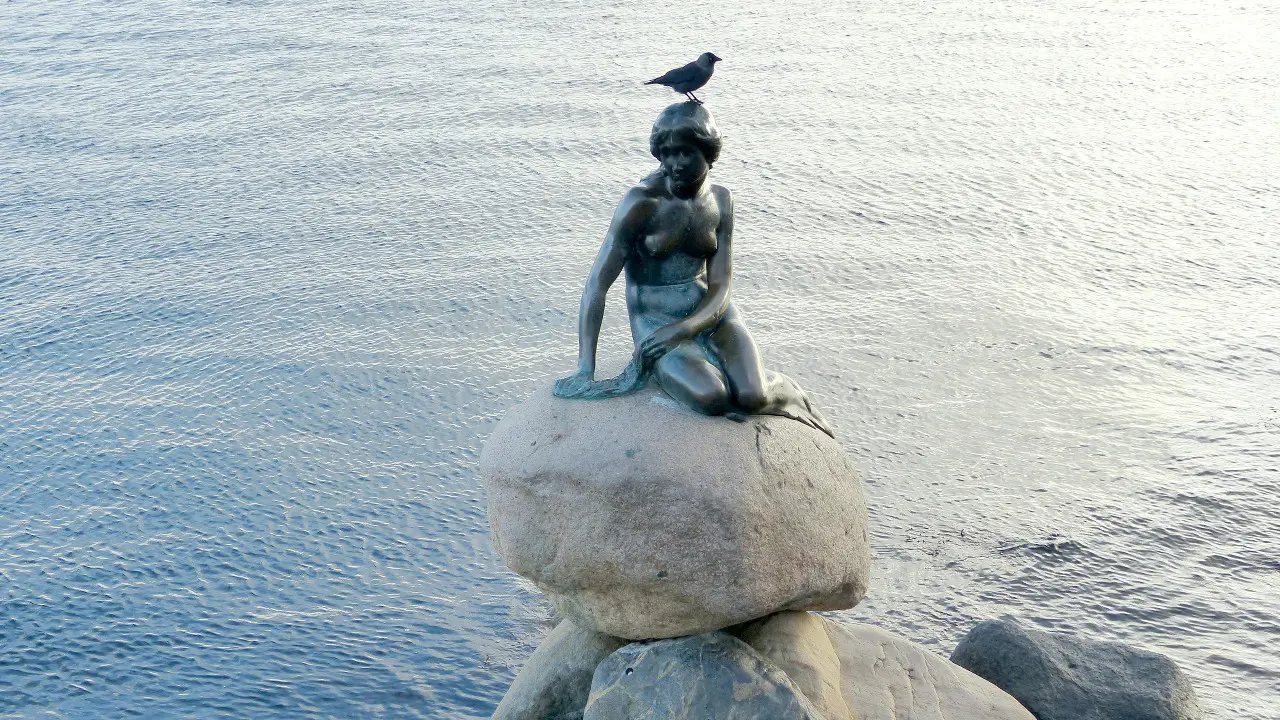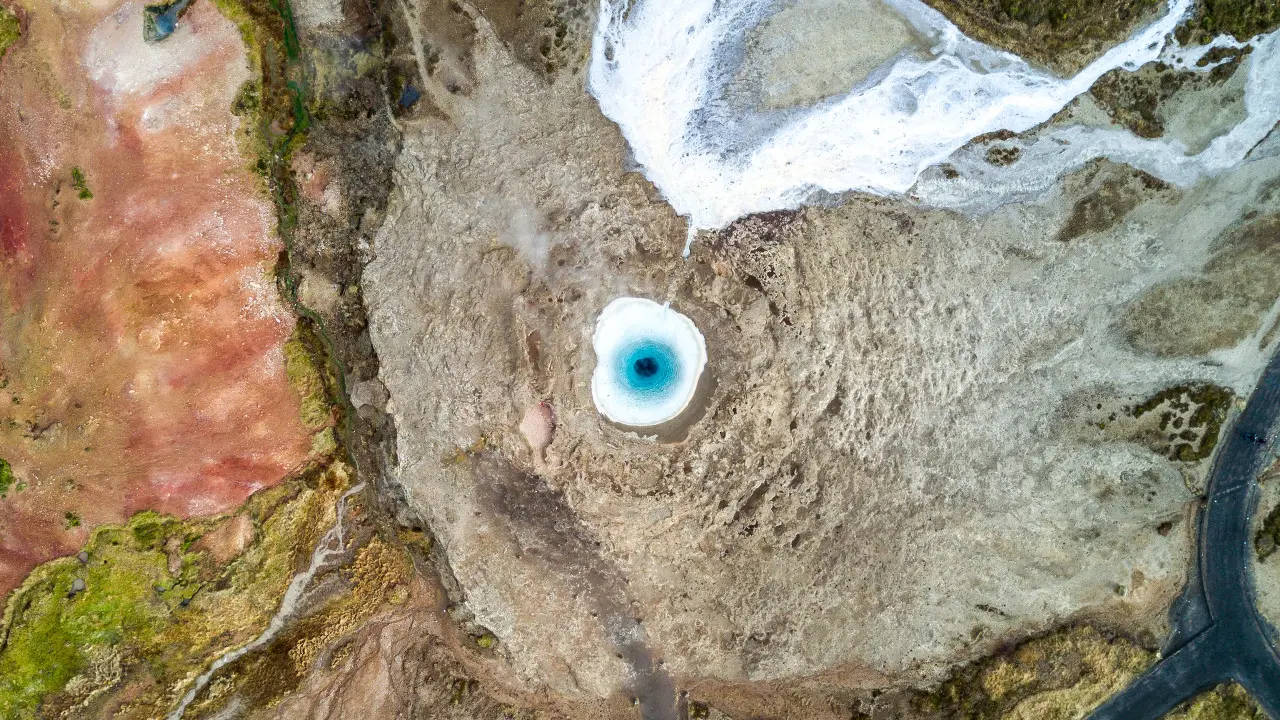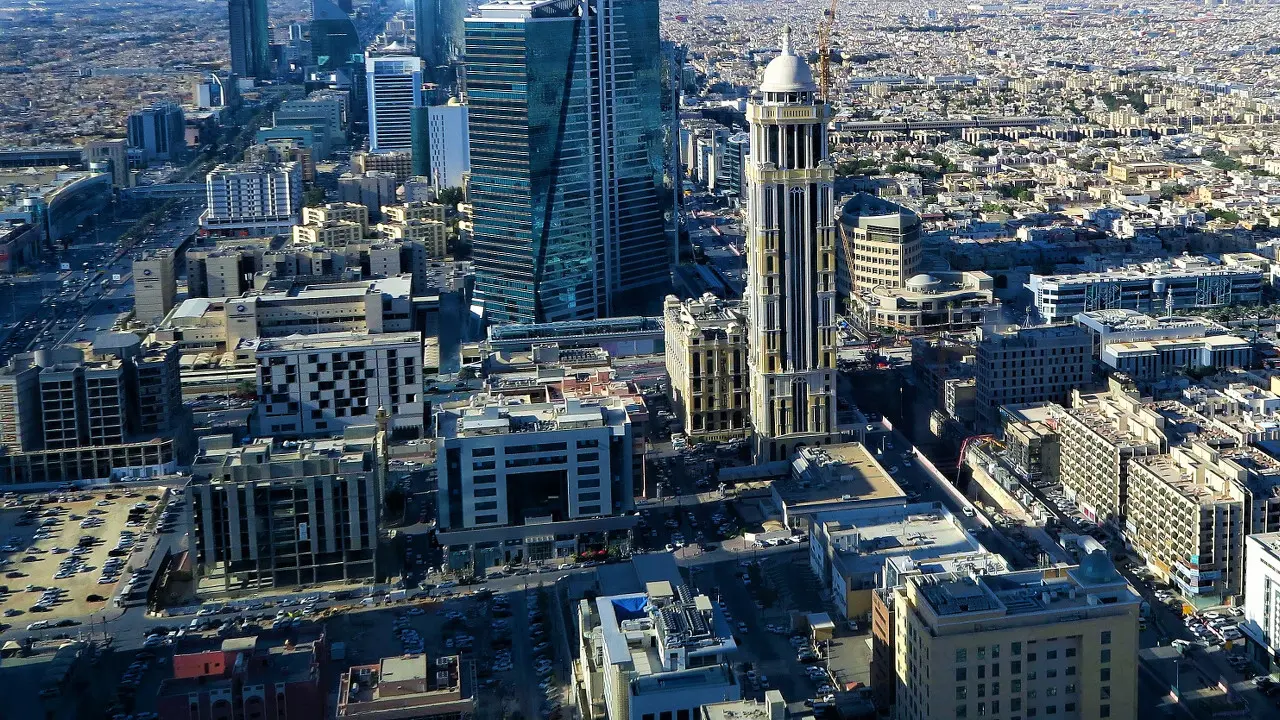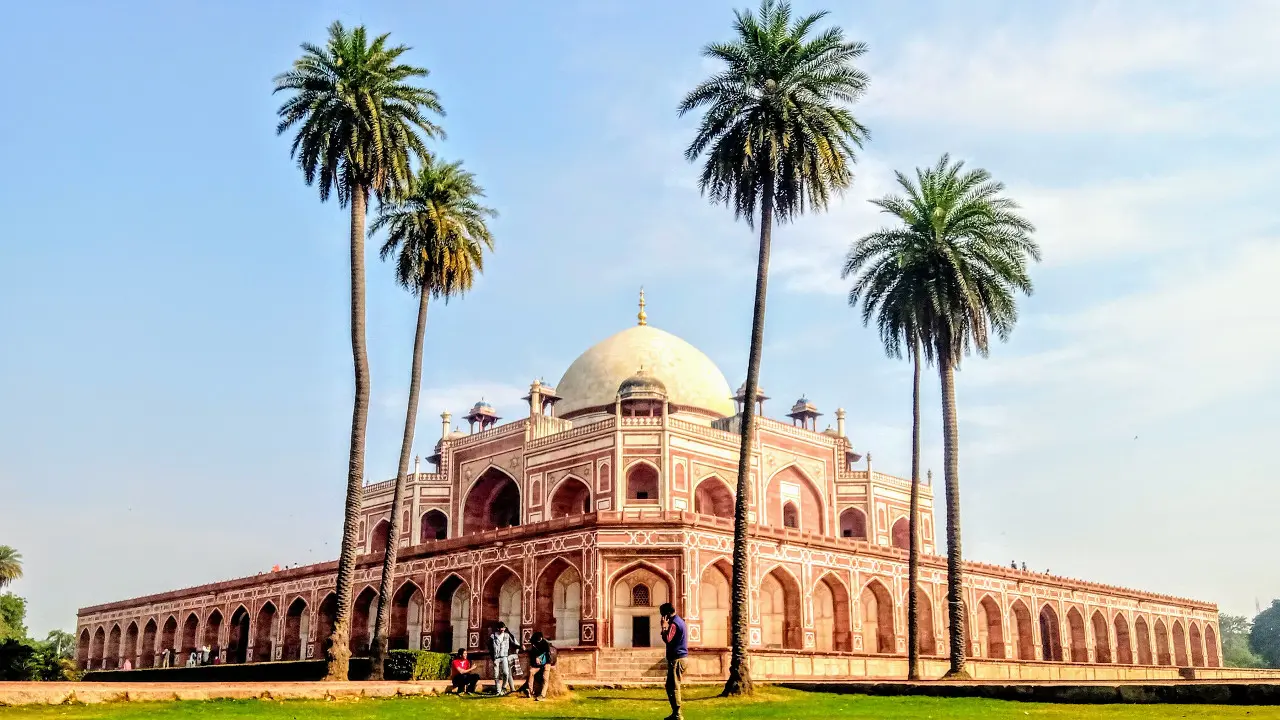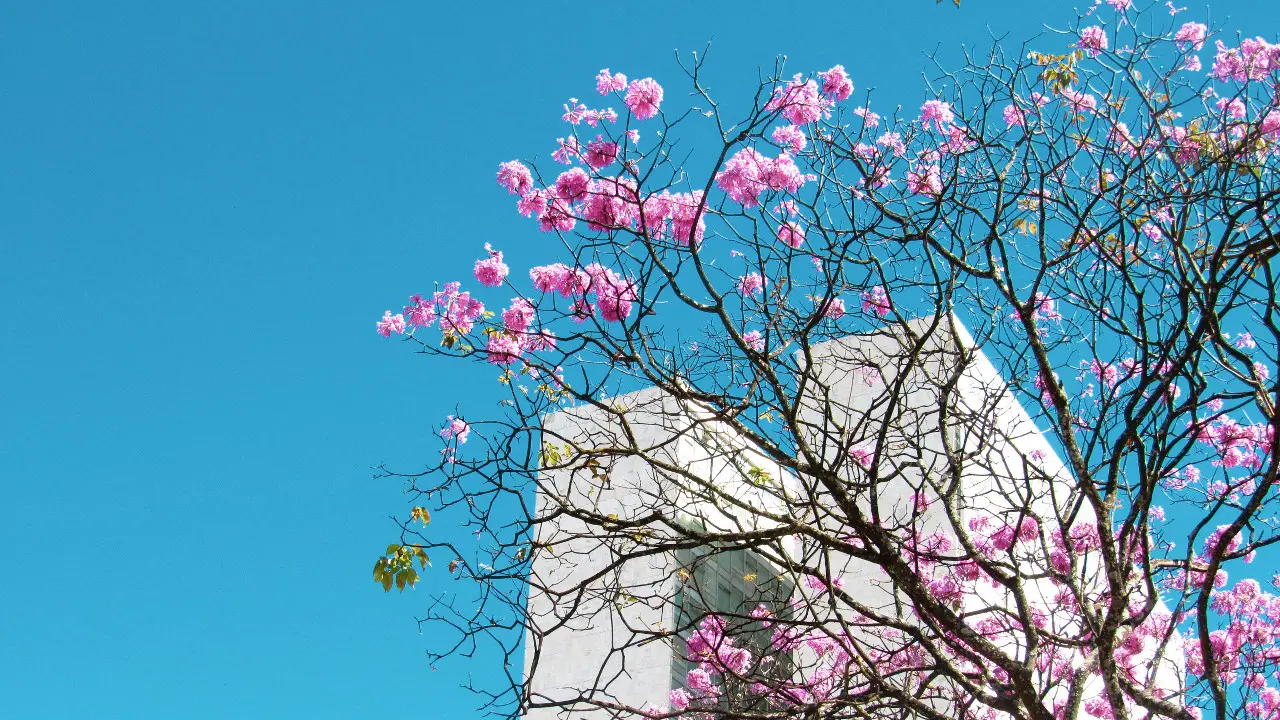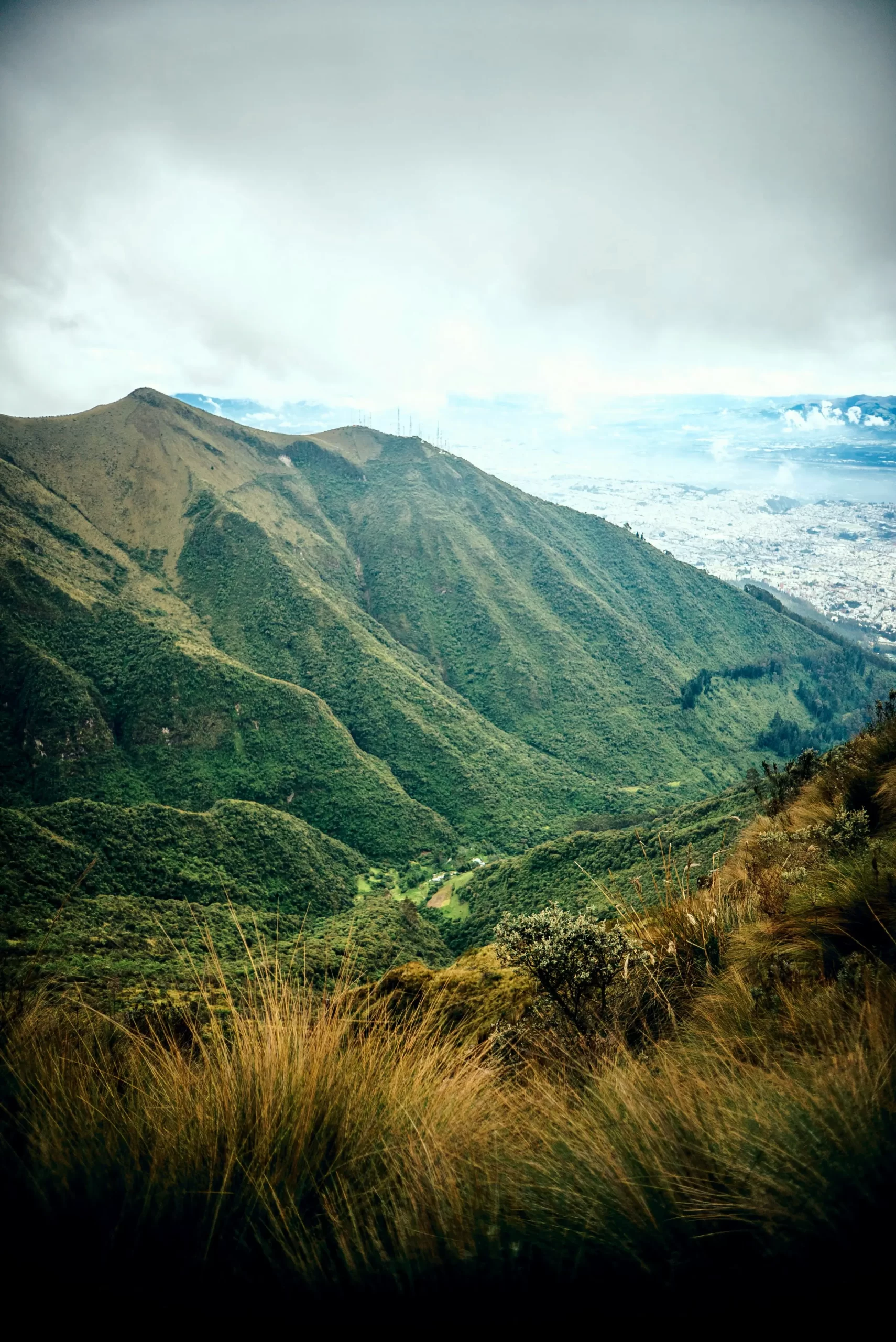
Anica is from Berlin, Germany and got a PhD in metabolic medicine after studying nutritional science. For around 10 years she worked in the field of diabetes until she decided that it was time for a change and started teaching biology in English at an Ecuadorian online school, which she still does.
Tell us about yourself
I speak German, English and Spanish but it took me really, really long to find enough confidence to indeed speak and approach people in different languages. During my masters I had a colleague from Sydney who only spoke English. My insecurity was at a level that I wouldn’t speak with her because I didn’t dare to speak English!
Moving to Quito
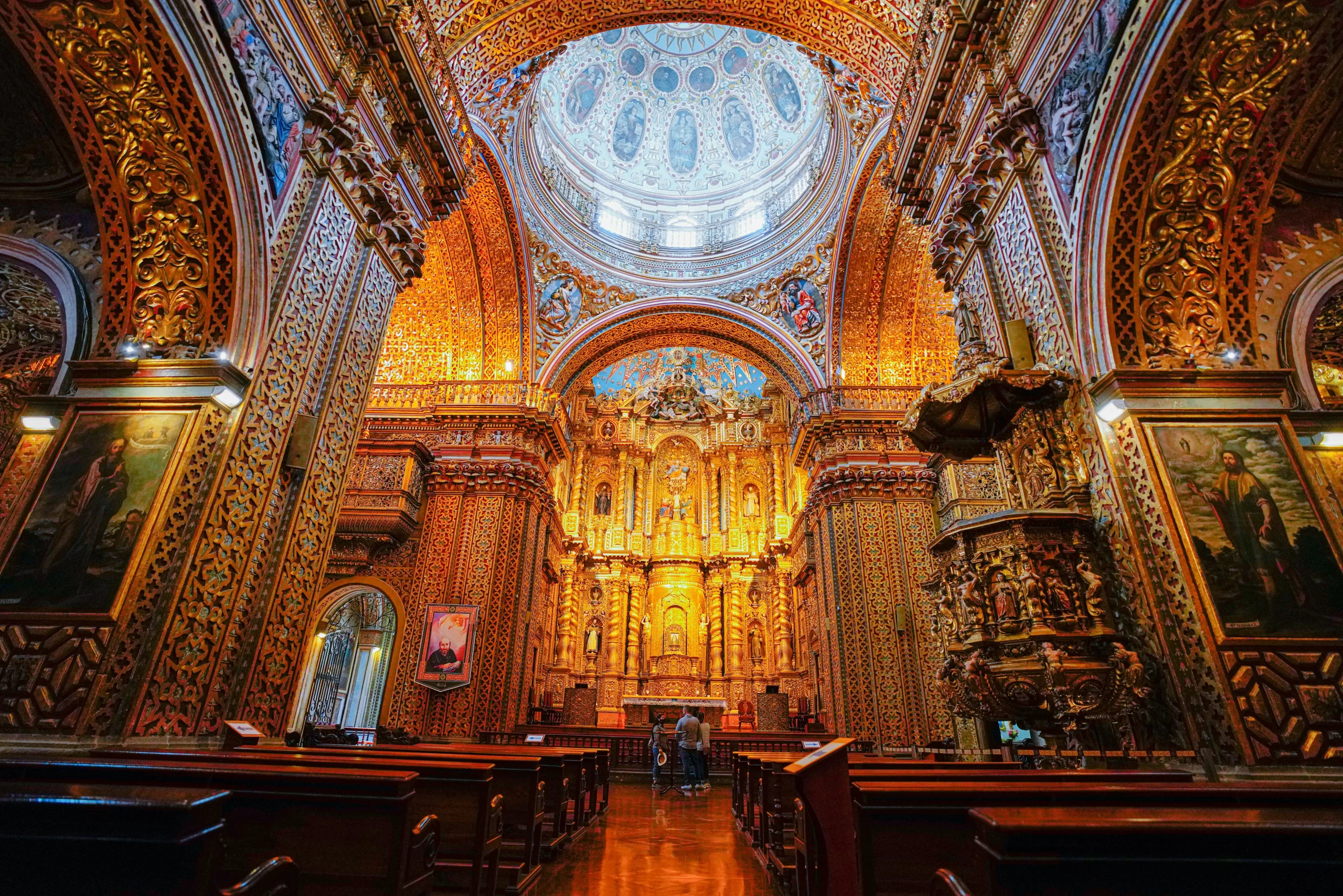
Why and when did you move to Quito?
I moved to Quito in April 2024 with my husband who was born in Quito and lived here before living in Germany for around 10 years. During his time in Germany we met but he always wanted to go back to his hometown. So at some point I just said “ok, let’s try”. I went to Ecuador before and I liked the country (the nature and biodiversity here are beautiful). It was difficult for me to leave my family and Germany but I also have an adventurous gene that got activated so I was very curious about life here!
How did you get set up?
That was relatively easy because I have a native (my husband) with me. So getting a SIM card for my phone was no big deal. However, I got the SIM card with his ID, so I imagine it’s more difficult for foreigners without any native support to get a SIM card. The bank account is more difficult. To open a bank account you need to have a residence permit. That’s the reason why I don’t have one yet – I am still waiting for my residence permit.
Was it difficult for you to get medical insurance?
I am still with a travel insurance from Germany. It’s still valid until January 2025. From then on, I will have to get insurance here.
What did you bring with you?
That’s a funny story! We planned to ship around 10 big boxes from Berlin to Quito. As we were living in the south of Germany, we first had to ship everything to Berlin (from where we lived, it was not possible to directly send it). When the boxes arrived in Berlin, half of the content was already broken, so we decided that it doesn’t make sense to ship it to Quito. That was when we decided to take as many suitcases as possible with us! So we went with in total 6 suitcases and 2 more were brought by family and friends when they came to Quito for our wedding.
How did you find an apartment?
Finding an apartment here was very easy. The people here are still struggling with corona consequences – especially financially. So many flats are out for rent for a very long time which pushes down the prices. We had a couple of flat visits and found the one we live in now after only 1-2 weeks. We pay 750$ for 100 sqm in a very modern neighbourhood in Quito. We live in a building with a huge roof terrace and a lot of community areas like gym and spa. We were really, really lucky with this flat!
What languages do you need to speak to live in Quito?
The language in Ecuador is Spanish. And when you come here, you should definitely have some basic Spanish knowledge as only very few people speak English. Even among the younger generations it is still not common to speak good English. However, in touristic places (sights, museums…) they usually do speak English.
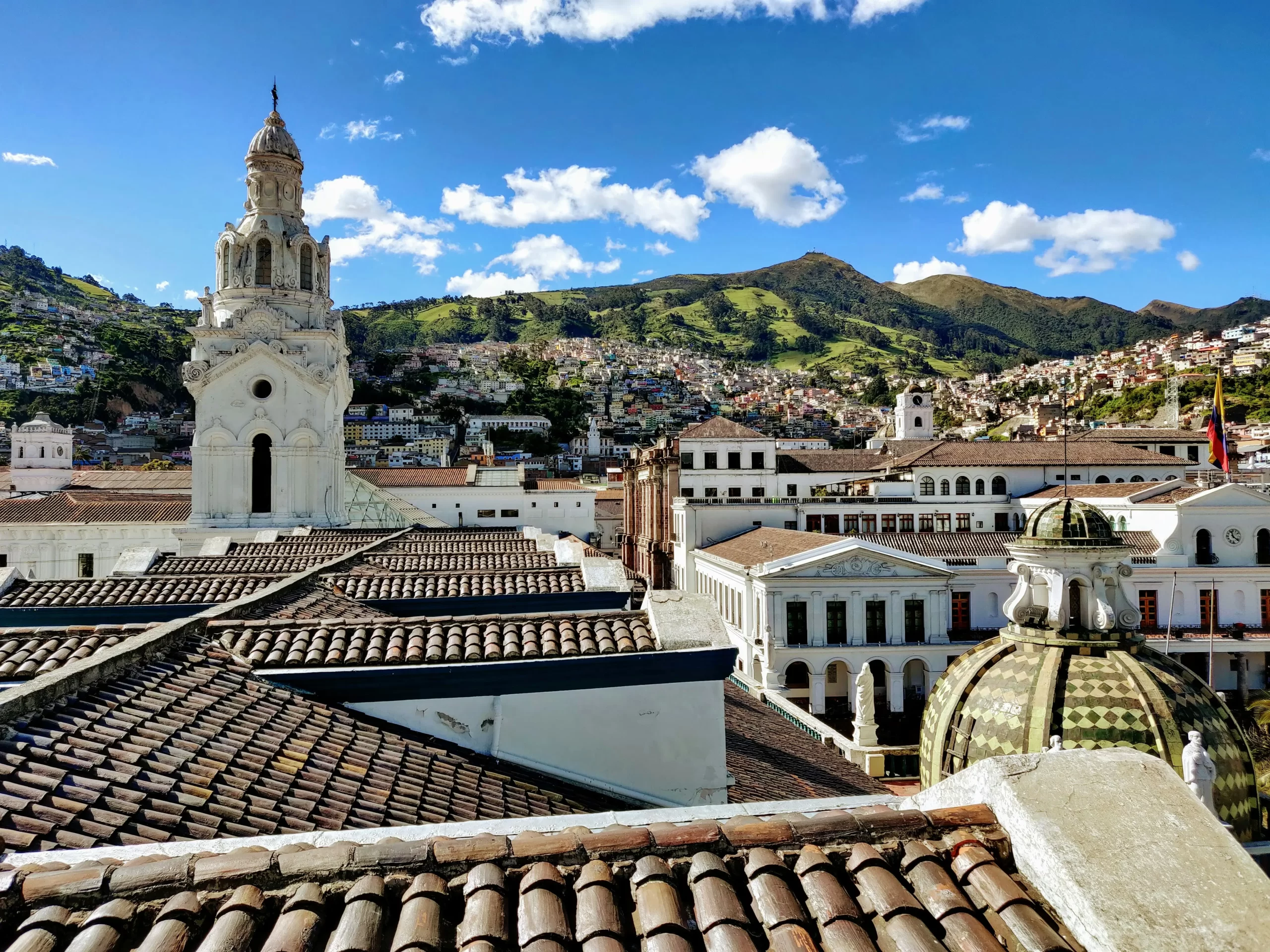
Living in Quito
What surprised you about life in Quito?
I was (and still am) surprised about the service culture. Being German, I am used to punctuality. That’s not always a thing here, what I had to learn when we had to get our washing machine and dishwasher installed or our furniture delivered. Luckily, we can both work from home, otherwise I don’t know how we could have managed to be at home in “5 minutes”. I am also surprised that a governmental decision such as cutting the electricity in the whole country for 10 hours a day is possible. I believe that is something that would and couldn’t happen in Germany.
What should people consider before deciding to move to Quito?
It depends where people are originally from. If they are from a middle European country like myself, then they should know that they potentially face problems with the altitude. Quito is at almost 3000 m and you definitely feel it – if not when normally walking on the streets then definitely when climbing stairs or doing exercise. They should also be prepared for little culture shocks: although it’s improving, environmental protection is still not taken super seriously here (car emissions, usage and waste of plastic). If you are used to going by bike from A to B then you will probably stop it here as Quito is quite hilly and the traffic is crazy.
On the positive side, you can expect an awesome view of the Andes Mountains, the most delicious fruits on earth and really, really friendly people everywhere!
On the positive side, you can expect an awesome view of the Andes Mountains, the most delicious fruits on earth and really, really friendly people everywhere!
What is Quito famous for?
Quito is famous for being the second highest capital of the world (after La Paz in Bolivia) with 2850 m above sea level. Moreover, you find “the middle of the world” here – one of the few places in the world where the equator does not go through the sea or impassable land. As a side note: it’s really fun to visit the museum “Intiñan” where you can do cool experiments on the equator.
What are your favorite places in Quito?
Definitely beautiful is the view from the volcano Rucu Pichincha. You can go up with a cable car and have a view over the entire Quito, which is really beautiful. I once did paragliding from there and it’s an experience I will never forget.
How much money do you need to live comfortably in Quito?
Depending on the area you live in, $1500 – $2000 are more than enough for a couple to live comfortably in Quito.
Do you feel safe as a woman in Quito?
Yes, definitely! I have never felt unsafe here. But I must say that I haven’t been to the more “critical” neighborhoods yet and I live in a very modern and safe part of the city.
What's on your list of favorite restaurants and cafés in or nearby Quito?
I don’t have any favorite restaurants or cafes but I do have favorite food. Admittedly, it’s not special to Quito, but rather to Ecuador. I love Ecuadorian fruits – especially Cherimoya, pan de yuca (cheese bread made with manioc flour, and encebollado (fish soup).
What is the most recent thing you've read in the news about life in Quito?
“Trending” in the news are definitely the planned/scheduled power cuts the entire country is facing already for the second period of this year. Up to 10 hours per day there’s no electricity. Not in private households, not in parks, not in shops. Unless you have a generator in the building, you will spend half of your day in the dark.
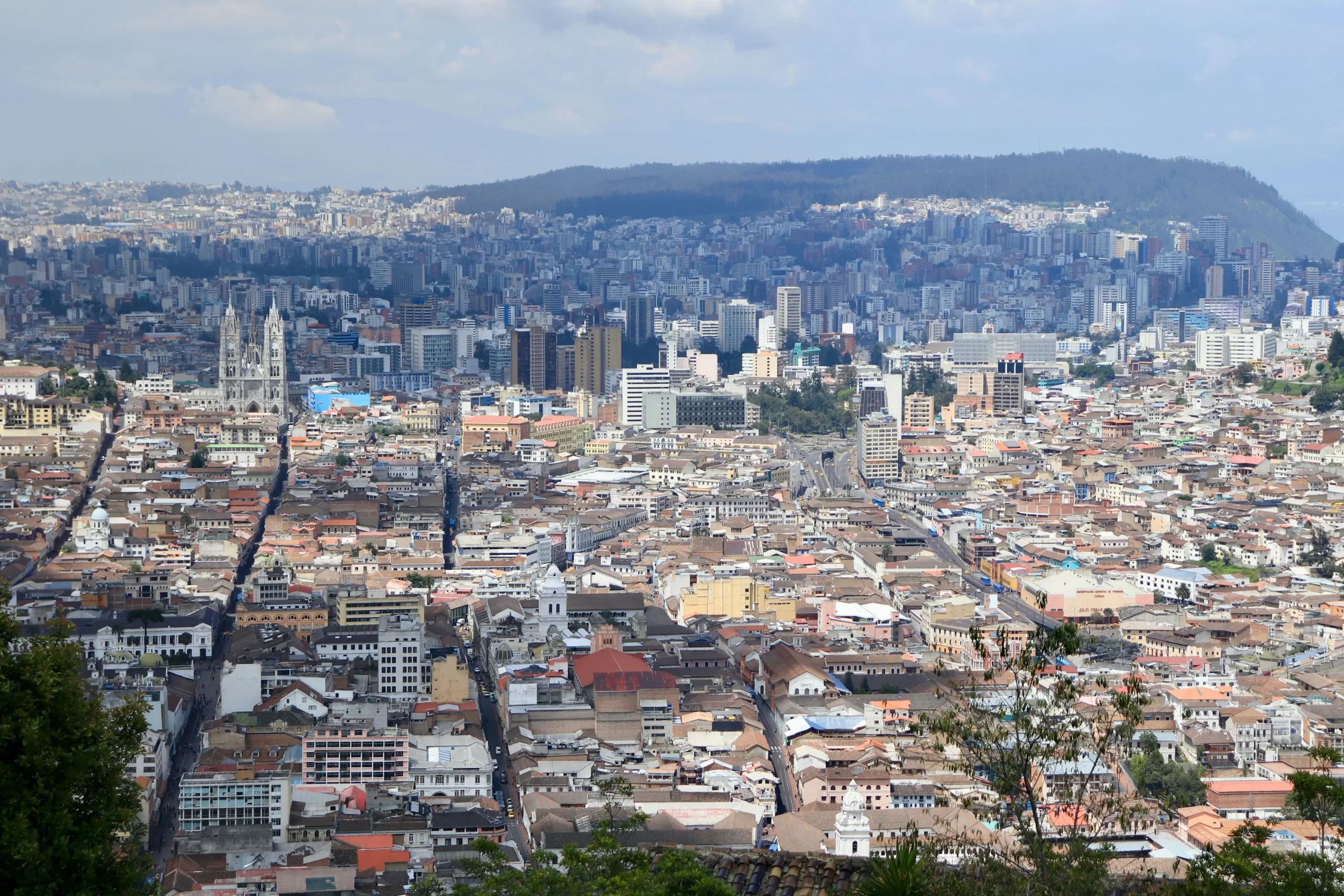
Final Thoughts
How do Ecuadorian people compare to Germans, in your opinion?
Ecuadorians are in general much more familiar. The bonds between family members are stronger, I have the feeling. They are also more relaxed and take things often easier. That can make life a lot easier, however, for me as a German, I had to get used to services not sticking to appointments, for example 😅
What are some disadvantages to living in Quito?
That it is neither on the beach nor in the rainforest 😉 I love both areas in Ecuador a lot! However, work opportunities are mostly in the big cities. Plus, my husband’s family lives in Quito, so we decided to move here.
Did you see any wildlife in Quito?
The best wildlife that is almost in front of my door are the beautiful and amazing hummingbirds!
Can you tell us something else about Quito that we might not know?
Quito stretches very long from north to south and in practice doesn’t have “east” and “west”.
Are there any experiences there that you are particularly proud of or that surprised you?
I am happy that my Spanish is good enough that I don’t rely on my husband or any other native to communicate. Surprising for me was the first earthquake. It was in the middle of the night. I woke up, noticed what it was and continued sleeping, while my husband, who has experienced many of them already, was scared and awake. I don’t know what happened to me – I guess I was just not really awake 😅
Was it easy making friends and meeting people?
The area we live in is indeed famous among expats, so it’s easy to meet some here, especially on walks with our recently adopted puppy 🙂 However, I have more contact with native Ecuadorians, especially family and friends of my husband.
What are your plans for the future?
I would like to explore more of the country! I have seen a lot already, but mostly the touristic parts. Now, I would also like to explore more of the hidden gems 🙂 I would also like to connect more on my own – independent of my husband 😅
Thank you Anica for sharing with us your radical change from Germany to Ecuador! It’s quite impressive that you speak so many languages! I wish you all the best in your next adventures!

